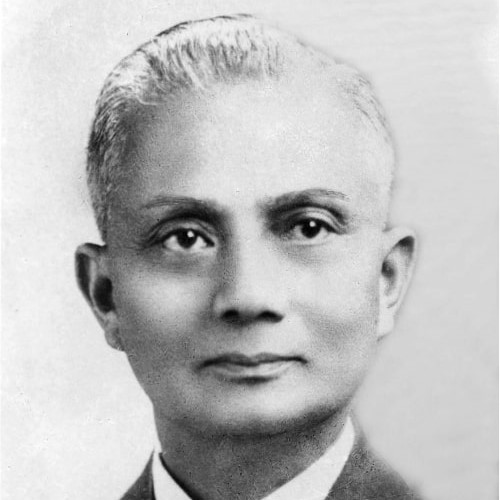Early Life
James Joy Mohon Nichols-Roy was born into a Khasi tribal family on 12 June 1884 in Shella Confederacy, in present-day Meghalaya. He shifted to Kolkata for his higher studies and completed his B.A. degree in 1904. Roy was a prominent member of the Church of God, a denomination of Christianity that began in the United States.
Role in India’s Independence Movement
In 1921, Roy became the first tribal representative on the Assam Governor’s Council. In 1937, he was elected to the Assam Legislative Assembly.
Roy was well-known for his advocacy for tribal rights. At Roy’s behest, Nehru created a regional party in the Khasi-Jaintia hills in Meghalaya, known as the Khasi Jaintia National Federation State Conference (KJFSC). The goal of the party was to secure autonomy in governance for tribals across North-East India.
Contribution to Constitution Making
Roy was elected to the Constituent Assembly from Assam on a Congress party ticket. In the Assembly, he primarily made interventions on tribal rights and the need for autonomy in the north-east. He was considered the pioneer behind the Sixth Schedule of the Constitution, which established autonomous district councils in tribal areas in the north-east.
Later Contributions
Roy passed away in 1959. In 2009, a bust of Roy was installed in front of the Khasi Hills Autonomous District Council in recognition of his contribution towards the empowerment of tribals.
- Known as the architect of the Sixth Schedule, Nichols-Roy passionately defended the rights of the hill tribes to special measures for autonomy and self-governance, by outlining the distinctive characteristics of the society and culture there.
- Highlighting the need for special financial provisions for the state of Assam, Nichols-Roy suggested that export duties on products like jute and tea could be allocated to the producing states.
- Nichols expressed concern at the centralising tendencies of the Draft Constitution 1948, while appreciating the overall result.
- Rev. J.J.M Nichols Roy, Architect of District Council Autonomy, P.R. Kyndiah (2007).
- Memoirs of Life and Political Writings of the Hon’ble Rev. JJM Nichols-Roy, O.L. Snaitang (1997).

